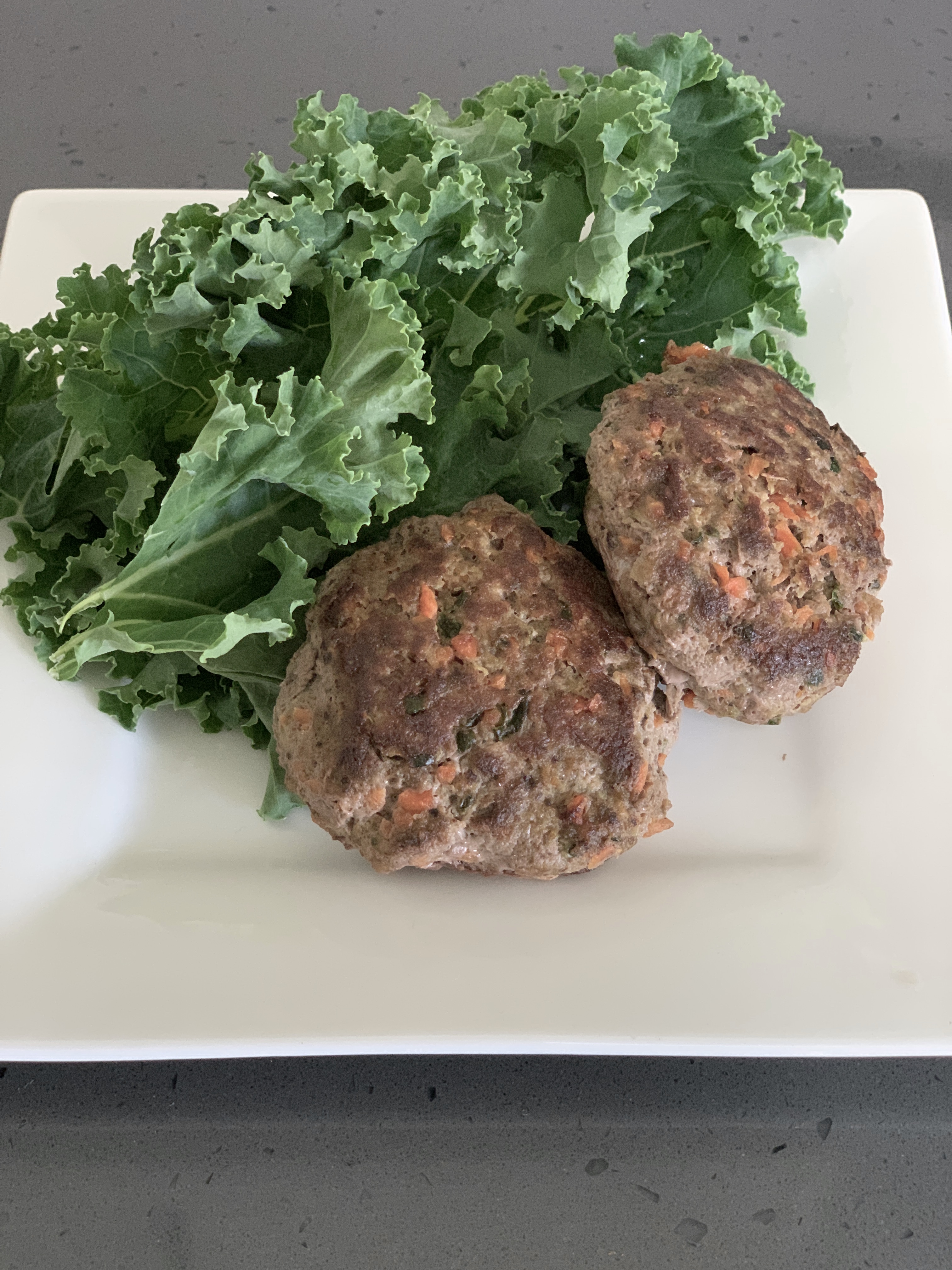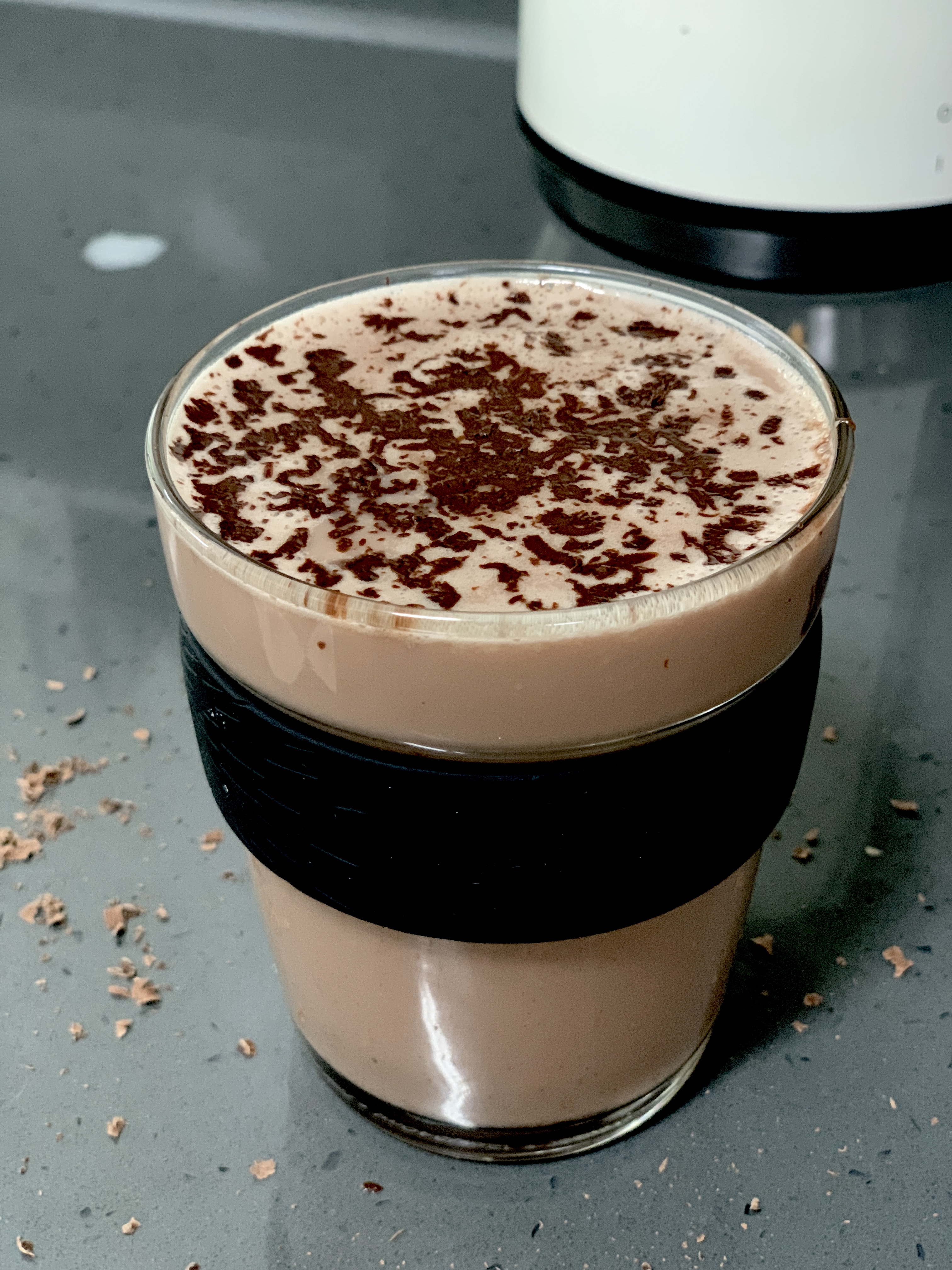You can walk into any supermarket, chemist or health food shop and see a wall of supplements. You want something for sleep but where do you start? Well first of all, every brand out there will have their own formulation of a sleep supplement claiming that it is the best and don’t bother trying anything else.
There are a number of well researched nutrients, herbs and patented plant and chemical extracts for quality NREM & REM sleep, onset of sleep, and sleep associated conditions. Supplementation should always be personalised and individual. What works for one person does not always work for another, despite the number of research papers done on that particular branded formulation. So before you start supplement shopping to improve your sleep, consider your associated symptoms. Maybe your poor sleep is caused by pain in certain muscles, or overthinking because you have had a stressful day, or urinary because you’re waking up regularly to use the bathroom, or that you are not feeling sleepy until a certain time. Consider your supplement dosage as well, biggest doesn’t always mean best. Some extracts are best taken in smaller doses more regularly and individual height and weight can help determine the ideal dosage.

Some nutritional supplements and their recommended dosage for you to consider:
Magnesium – One of the most popular ingredients in off the shelf sleep supplements. Magnesium functions in the body by promoting cellular energy production, inhibiting muscle contraction, nerve impulse transmission and improving immune response. It is used therapeutically for restless legs syndrome, muscle pain, chronic fatigue, and insomnia. Magnesium comes in a variety of compounds such as citrate, oxide, orotate, glycinate, chelate, sulfide and chloride. Each compounded formula has its own therapeutic properties so getting the right one for you is key. Generally speaking for sleep related conditions look for a magnesium citrate or magnesium glycinate in a capsule, tablet or powder. Dosing can vary for sleep support from around 300mg – 800mg a day.
Glycine – Glycine is an amino acid that performs a variety of biochemical functions in the brain. It plays a role in memory retrieval, regulating neurotransmitters, immune modulation and reducing inflammation. Glycine can improve sleep quality of the NREM sleep stage, clear headaches and decrease fatigue from poor sleep. Glycine is usually found in powdered form and the safe recommended dosing is 200mg/kg body weight/day. Do not exceed 30g a day.
Tryptophan – Tryptophan is another amino acid but this one is the precursor to two important hormones. Serotonin; which is our happy hormone and melatonin; our hormone that regulates our sleep-wake cycle. Tryptophan can be used clinically to treat insomnia, anxiety and stress. This is the ideal supplement for the over-thinking mind that won’t let you get to sleep, day-time fatigue and low mood. Dosage varies greatly but 300mg/day can see a great improvement in most people, especially when formulated with b vitamins. Caution with supplementation with this one as it can interfere with some medications including antidepressants and oral contraceptives.
Last but not least I can’t talk about nutritional supplementation without discussing melatonin. Melatonin is a natural hormone that is released as part of the circadian rhythm as the body signals that it is time to sleep. Melatonin release is highest in the evening and lowest in the morning and cycles on a day-to-day basis. Melatonin disruption is particularly problematic for people who work night shifts. Melatonin supplementation is popular with travellers to combat the effects of jet lag and allow them to maintain sleep on long flights. In Australia, melatonin is not available to buy off the shelf, it is only available via prescription in pharmacies. This melatonin is a controlled release formula called Circadin. If you are interested in melatonin supplementation please contact your general practitioner.
To find out more about supplements for sleep, or to get the right formulation for you, send me a message via email or my socials and remember not every issue can be fixed with a pill.












